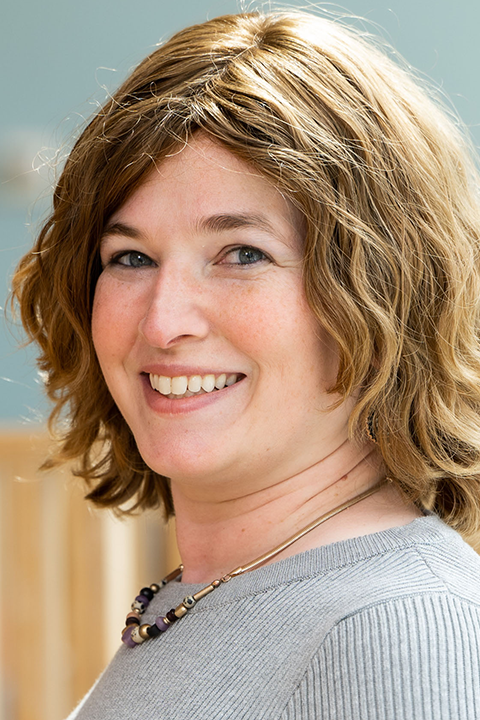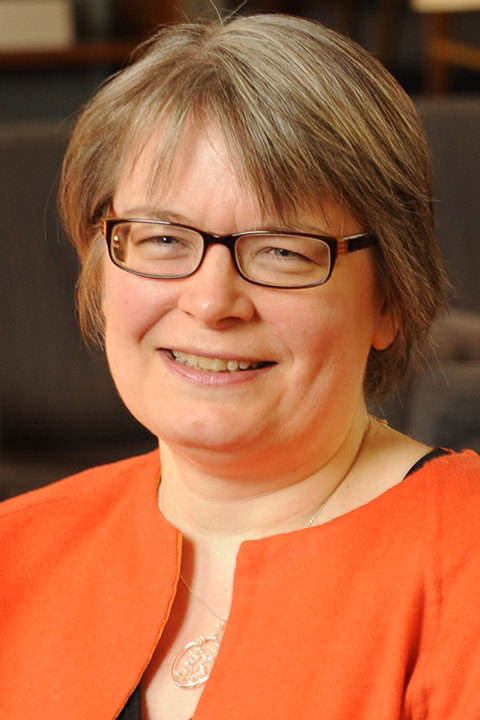Biblical Studies
Columbia University's Libraries supports research and teaching in biblical studies in historical, critical, and theological perspectives. As one of the oldest and most comprehensive such collections in the Americas, this policy reflects the centrality of the Bible and its accompanying interpretive, cultural, and literary traditions (including Jewish and Islamic) to the history and curricula of Union Theological Seminary and Columbia University. Areas collected include biblical languages and lexicography, Bible versions and translations (e.g. Syriac, Coptic, Ethiopic), and cultural and historical contexts (ancient Near East, ancient and Second Temple Judaism, Hellenism and Late Antiquity). The collection supports the full breadth of interpretive and methodological approaches to the Bible, including text-critical, sociological, postcolonial, feminist, womanist, and liberation hermeneutics. Extensive printed special collections from the late medieval period to the late 19th century, including lexica, commentaries, and key Bibles in all formats, editions, and languages.
This document outlines the Libraries’ general policy on collections for biblical studies, but it is not intended to be a rigid set of rules; collection suggestions from students and faculty are welcome. (See contact information below.)
a. Undergraduate
Columbia University Libraries supports Columbia College (CC), General Studies (GS), and Barnard College (BC) undergraduate majors and minors, as well the Departments of Religion, Art History and Archaeology, Classics, English and Comparative Literature, History, Latin American and Iberian Cultures, Music, Philosophy, and various area studies programs. The collection also supports CC, GS, and School of Engineering and Applied Science (SEAS) students enrolled in Core Curriculum classes.
b. Graduate and Professional Schools
In addition to its support for undergraduate instruction, Columbia University Libraries supports MA, MDiv, STM, and PhD students at Union Theological Seminary, MA and PhD students in Columbia’s Departments of Religion, History, English and Comparative Literature, and Philosophy, and MA students in Jewish studies.
c. Institutes, Interdisciplinary Programs, etc.
Columbia University Libraries supports the Heyman Center for the Humanities, the Columbia University Seminars in the Study of the Hebrew Bible and the New Testament, the Institute for Israel and Jewish Studies, the Institute for Religion Culture and Public Life (IRCPL), the Center for the Ancient Mediterranean, the Medieval & Renaissance Studies program, and the Classical Studies program.
d. Course Reserves
Selection for course reserves is up to individual faculty members. The Librarian will do whatever is possible to secure specific materials absent from the collection.
The primary location for new acquisitions is the Burke Library at Union Theological Seminary. Materials are sometimes selected for Butler Library’s main stacks or the Ancient & Medieval Reading Room (604 Butler Library).
a. Print
Current imprints (+/- three years) are acquired comprehensively in English, German, French, and Spanish for the Burke Library at Union Theological Seminary. Hebrew, Greek, and other biblical language materials up to the Rabbinic period (i.e. approximately 200 C.E.) and Bible-related Latin materials (see Ancient and Medieval Studies) are also selected for the Burke Library.
b. Digital Collections
Columbia University Libraries purchases and provides access to a wide range of aggregated databases, electronic journals, and electronic primary source collections including the American Theological Library Association (ATLA) Religion Database with AtlaSerials PLUS, Old Testament Abstracts, New Testament Abstracts, Oxford Biblical Studies Online, Textual History of the Bible Online, Oxford Bibliographies: Biblical Studies, Thesaurus Linguae Graecae (TLG), Thesaurus Linguae Latinae (TLL), Patrologia Latina, Patrologia Orientalis, Dead Sea Scrolls Electronic Library, and Nag Hammadi Bibliography Online.
c. Media
Media related to biblical studies are collected based on faculty and student request. See also the Libraries’ media policy.
d. Languages Collected
All major ancient and modern European languages are represented in the collections.
Particular strengths include primary source texts in ancient Greek, classical and medieval Latin, and Hebrew, and secondary materials in English, French, German, Italian, and Spanish. Materials in other languages are collected based on specific faculty and student research needs.
e. Chronological Focus
The chronological focus of the collection covers the ancient to contemporary worlds.
f. Geographical Focus
The geographical focus of the collection is broad, covering the ancient Near East and Mediterranean, Europe, the Americas, Asia, and Africa.
g. Imprint Dates Collected
The main focus of collecting is current and recent (+/- three years) imprints. When antiquarian acquisitions are offered via gift or purchase, no specific chronological ranges are established in advance; rare or unique materials from any period may be considered.
Special and archival collections relating to the history and study of the Bible and its interpretation are held primarily at the Burke Library at Union Theological Seminary, as well as the Rare Book & Manuscript Library (RBML). These include ancient papyri, artifacts, medieval manuscripts, incunabula and early printed Bibles, grammars, lexica, and commentaries.
a. Consortia and Collaborative Collecting with Other Institutions
The range of available print materials--monographs, edited volumes, and serials--is significantly enhanced by Columbia’s participation in Borrow Direct and the Manhattan Research Library Initiative (MaRLI), a partnership with New York University and The New York Public Library.
b. Location Decisions and Selection for ReCAP
The majority of titles are selected for onsite locations, primarily the Burke Library at Union Theological Seminary and Butler Library. A small number of titles, primarily in Italian, French, or German, which while important for research and the preservation of the scholarly record but low use, are selected for off-site storage.
Duplication of titles is limited to works identified by faculty as being central to a specific course. In these cases, no more than a few copies are obtained, one of which should be placed by the faculty member on reserve.
Deduplication only takes place when a title has been identified for relocation to ReCAP--the off-site storage facility that Columbia shares with Princeton University, The New York Public Library, and Harvard University--and a copy already exists on shelf at that facility. Even in this instance, the Librarian will inspect the local copy for any unique features/unusual provenance before assenting to deduplication.
c. Deaccessioning
Titles are generally deaccessioned only in cases where the physical copy is disintegrating and no longer serviceable in print/physical format. In these instances, the Librarian will evaluate whether to make a preservation photocopy, to create or acquire a digital surrogate, and/or whether to replace the physical copy with another. Resources on obsolete formats are reviewed by librarians on a case-by-case basis; in instances where the original format has artifactual value, it will be retained even after it has been digitized or otherwise reformatted. Distinctive collections held in RBML, the C.V. Starr East Asian Library, Avery Architectural & Fine Arts Library, and the Burke Library are not deaccessioned.
d. Digitization and Preservation
Titles in both Columbia’s circulating and special collections are evaluated by staff of the Preservation & Digital Conversion Division (PDCD) as needed.

Jeffrey Wayno
Collection Services Librarian
- The Burke Library at Union Theological Seminary

Michelle Margolis
Norman E. Alexander Librarian for Jewish Studies
- Global Studies

Jane Siegel
Rare Book Librarian
- Rare Book & Manuscript Library
Last updated: March 2019